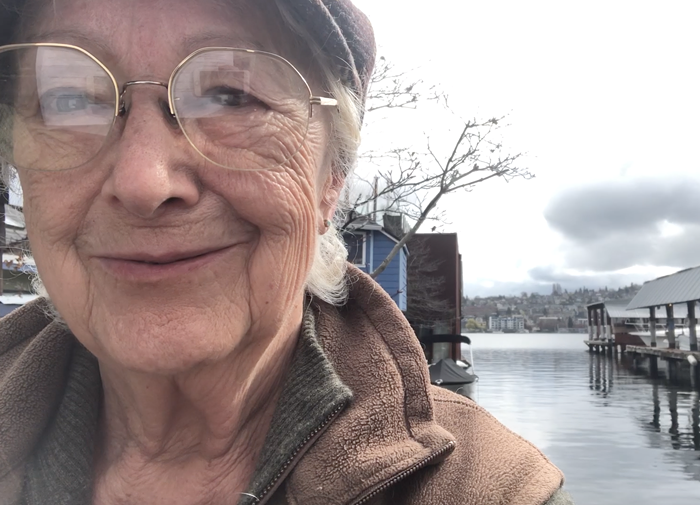
What classic work of literature do you have on your nightstand right now? You've got to have something to exercise your mind these dark winter months. My book this winter is To the Lighthouse—I'm teaching a class on it—but if you're casting around for other ideas and you've never read Beloved, well, what are you waiting for? Its publication led to a Pulitzer Prize and then, a few years later, in 1993, the Nobel Prize in literature. No black woman had ever won a Nobel Prize in any category before Toni Morrison. And no American novelist has won the Nobel in literature since.
I'm thinking about the immortal brilliance and haunting gruesomeness of Beloved today because it just so happens to be the anniversary of a gruesome event in 1856 that inspired it.
The literary almanac A Reader's Book of Days by Tom Nissley describes the historical event in question—and Morrison's reaction to it:
In Beloved, Toni Morrison made a ghost story out of one of the most haunting public episodes in the history of American slavery. On [this] snowy January night, a family of eight slaves in Boone County, Kentucky, took horses and a sled from their masters and broke for freedom across the frozen Ohio River to Cincinnati. Just hours later, though, a posse tracked them down to the house where they were hiding and entered to find Margaret Garner, having cut the throat of her two-year-old daughter, threatening to kill her other children to keep them from being returned to slavery. Garner's dramatic trial became a cause celebre, and her story was retold by Harriet Beecher Stowe in Dred. Morrison discovered the story in a newspaper clipping when editing two documentary books in the early '70s, but chose to learn no more about Garner as she imagined her characters Sethe and Beloved. "The rest," she said, "was novel writing."
Throat-cutting is not the manner of killing in Beloved—the event in the novel is even more gruesome, if I'm remembering it correctly. But Morrison's interest as an artist was not the gruesomeness. Morrison has talked about a too-strong-love as being what Beloved is about, and what possessed her character Sethe—what if a mother loved her children too much? So much so that she was willing to murder them so that they would not have to grow up as slaves? And what if the murdered children weren't so happy about what their mother had done, and came back to haunt her?
In the novel, another character tells Sethe that her love is "too thick."
"Too thick?" Sethe replies. "Love is or it ain't. Thin love ain't love at all."
There's more on the Margaret Garner story here.
Speaking of out-of-control love, want to look at some photographs of Toni Morrison being a fabulous, surprisingly fashionable, stone-cold genius? Of course you do.
























